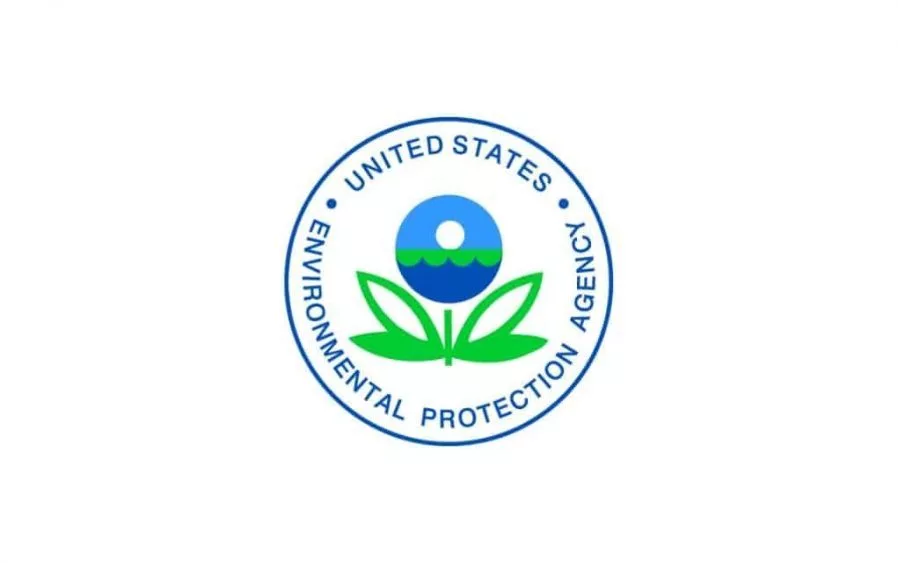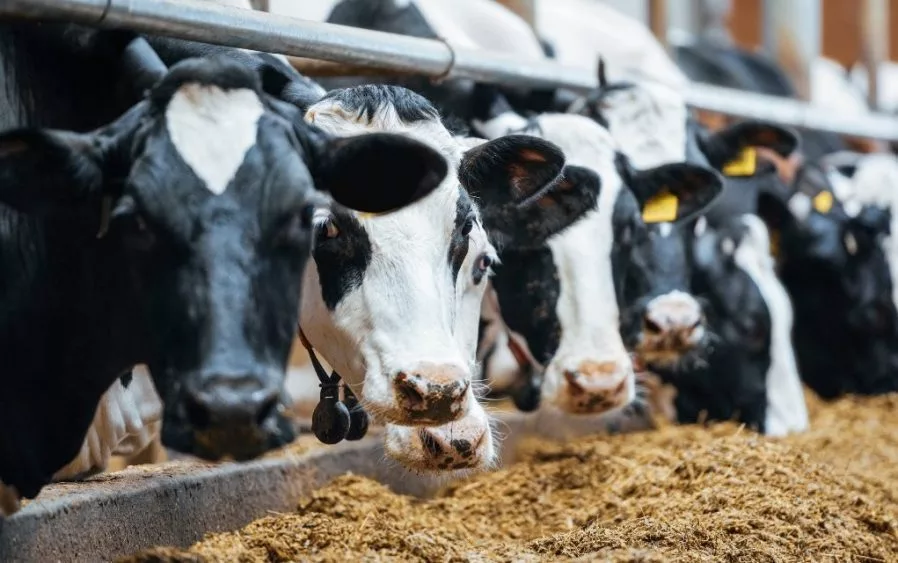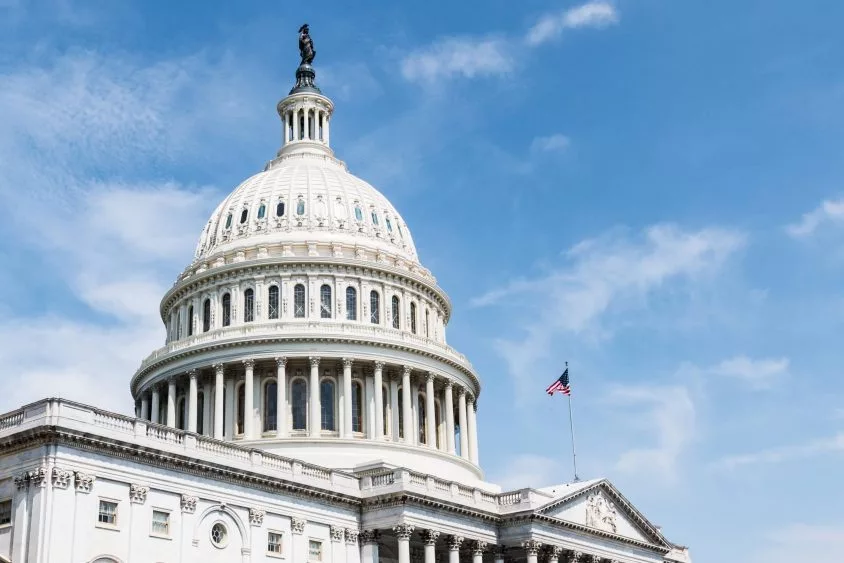
(WASHINGTON D.C.) — On Friday, the Environmental Protection Agency released its proposed renewable volume obligations (RVOs) for 2026 and 2027, which prioritizes domestically produced renewable fuels over imports. Multiple biofuel and agriculture groups have shared their reaction to the news from EPA.
“Today’s proposed RVOs secure an economic lifeline for the nation’s farmers and ethanol producers. EPA’s proposal will unlock investments, create jobs, and support growth in rural America, expanding renewable fuel production and creating the kind of certainty that spurs innovation and truly unleashes American energy dominance,” said Growth Energy CEO Emily Skor in a statement. “Although EPA has yet to project future SREs, we expect that it will ensure that any lost gallons from exemptions will be reallocated to ensure that blending obligations are met. President Trump first proposed a way to account for lost gallons in 2019, and maintaining that approach will protect biofuel producers and their farm partners from demand destruction. Only biofuels can unlock the investments and jobs needed to strengthen the rural economy. We applaud President Trump and EPA Administrator Zeldin for keeping their promise to fight for farmers and create opportunities in rural communities that have too often been left behind.”
American Coalition for Ethanol (ACE) CEO Brian Jennings issued the following statement after the proposal’s release saying in part that “the stakes are high for this next phase of the RFS. Ethanol producers and farmers are under tremendous economic pressure, particularly due to uncertainty caused by current efforts to reorder international trade, and we need EPA to substantially increase domestic ethanol blending under the RFS in 2026 and 2027. This rulemaking is a pivotal opportunity for the Trump administration to fully utilize the RFS statutory authorities by setting ambitious blending targets that reflect the critical role American ethanol plays in strengthening U.S. energy security, boosting rural economies, and reducing prices at the pump. While we’re encouraged the Agency has indicated it intends to move quickly toward finalizing the 2026-2027 RVOs, ACE will continue urging EPA to use its statutory authority to ensure conventional biofuel volumes are well above 15-billion gallons to support a growing U.S. ethanol industry.”
Kurt Kovarik, Clean Fuels’ Vice President of Federal Affairs, stated, “Today’s RFS proposal is a welcome and timely signal to U.S. biodiesel, renewable diesel and SAF producers as well as America’s farmers and agricultural businesses. The industry has made major investments in domestic production capacity and feedstocks to meet America’s energy needs and provide consumers affordable, cleaner fuels. We anticipate this will have a tremendous beneficial impact for American farmers and agricultural communities and we look forward to working with President Trump and EPA Administrator Zeldin to finalize this rule and fully unleash U.S. clean fuel producers.”
Kovarik added in his statement that “Our industry supplied more than 5 billion gallons of biodiesel, renewable diesel and SAF to the U.S. market in 2024, and is poised to deliver more in 2026. The U.S. biomass-based diesel industry supports 107,400 jobs and generates $42.4 billion in economic activity. Continued market growth and stability through the RFS will enable more economic opportunities, create more jobs, and revitalize America’s agricultural sector.”
The renewable volume obligation proposal for 2026 and 2027, which included historic increases in biomass-based diesel volumes, was seen as a win for U.S. soybean farmers as well according to the American Soybean Association.
“As we celebrate the 20th anniversary of the Renewable Fuel Standard, the American Soybean Association applauds the work of President Trump, Administrator Zeldin and Secretary Rollins in promoting American energy dominance and strengthening a key domestic market for U.S. soybean farmers,” said Caleb Ragland, ASA President and soybean farmer from Magnolia, Kentucky. “The significant increase in proposed volumes for biomass-based diesel will support soybean farmers, soybean processors, and biofuel producers in rural America, and serves as a much-needed win for our communities. We thank the Trump Administration for recognizing and supporting this vital value chain for U.S. agriculture.”
National Corn Growers Association President Kenneth Hartman Jr. issued the following statement on the proposal as well saying “We are thankful to President Trump and Administrator Zeldin that the EPA has released these robust RVO numbers in a timely manner. This action provides a significant certainty to corn farmers across the country twho rely on a stable biofuels industry.”
In a statement from the National Oilseed Processors Association, President and CEO Devin Mogler said “NOPA is grateful for the support President Trump, Administrator Zeldin, and Secretary Rollins are providing to U.S. farmers with this proposal. We applaud the administration for recognizing the need to reduce the RIN value for biofuels made from imports of tallow and so-called ‘used cooking oil’ which have been displacing U.S. soybean oil – harming farmers and biofuel producers alike for years. These strong volumes and prioritization of U.S. farmers aligns policy with actual domestic production capacity and ensures that American-grown feedstocks remain at the heart of a secure and affordable energy future.”
Read more coverage of the EPA announcement here: https://www.americanagnetwork.com/2025/06/13/epas-renewable-fuels-proposal-gives-boost-to-biofuels/
(WATCH) American Ag Network’s Susan Littlefield talked with Mike Zuzolo from Global Commodity Analytics about the market impacts of the EPA RVO news on Friday morning:



